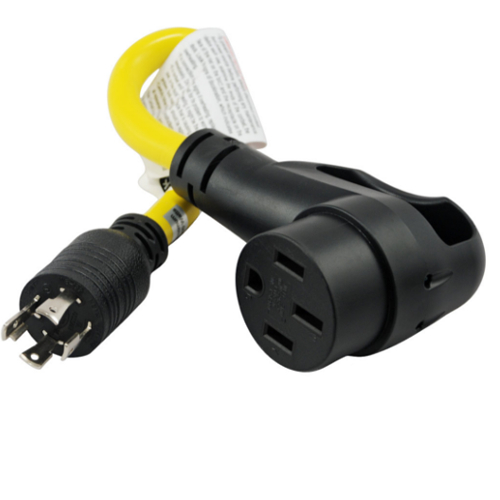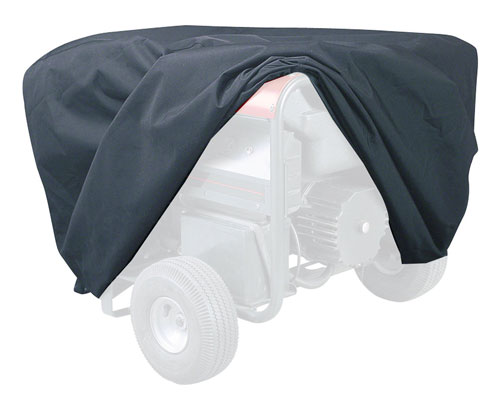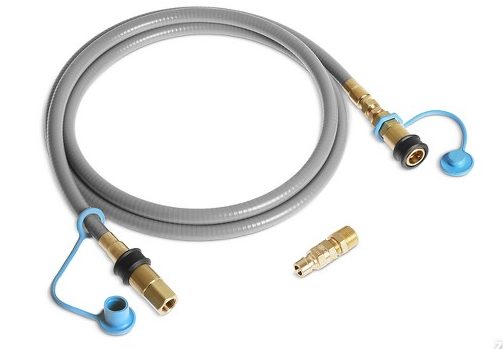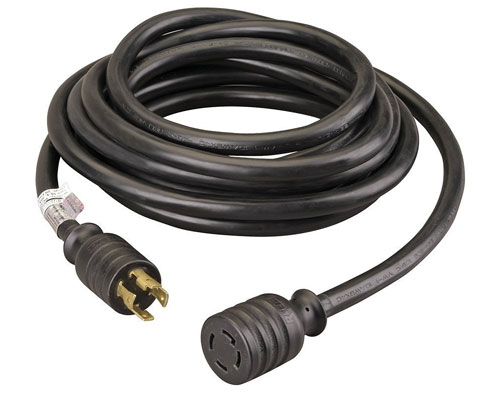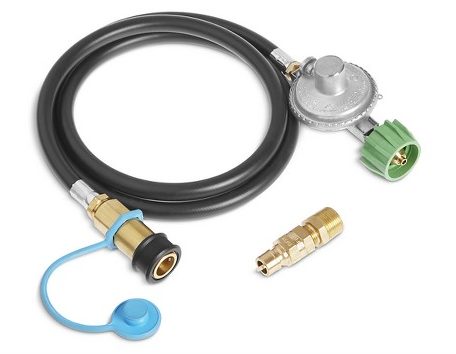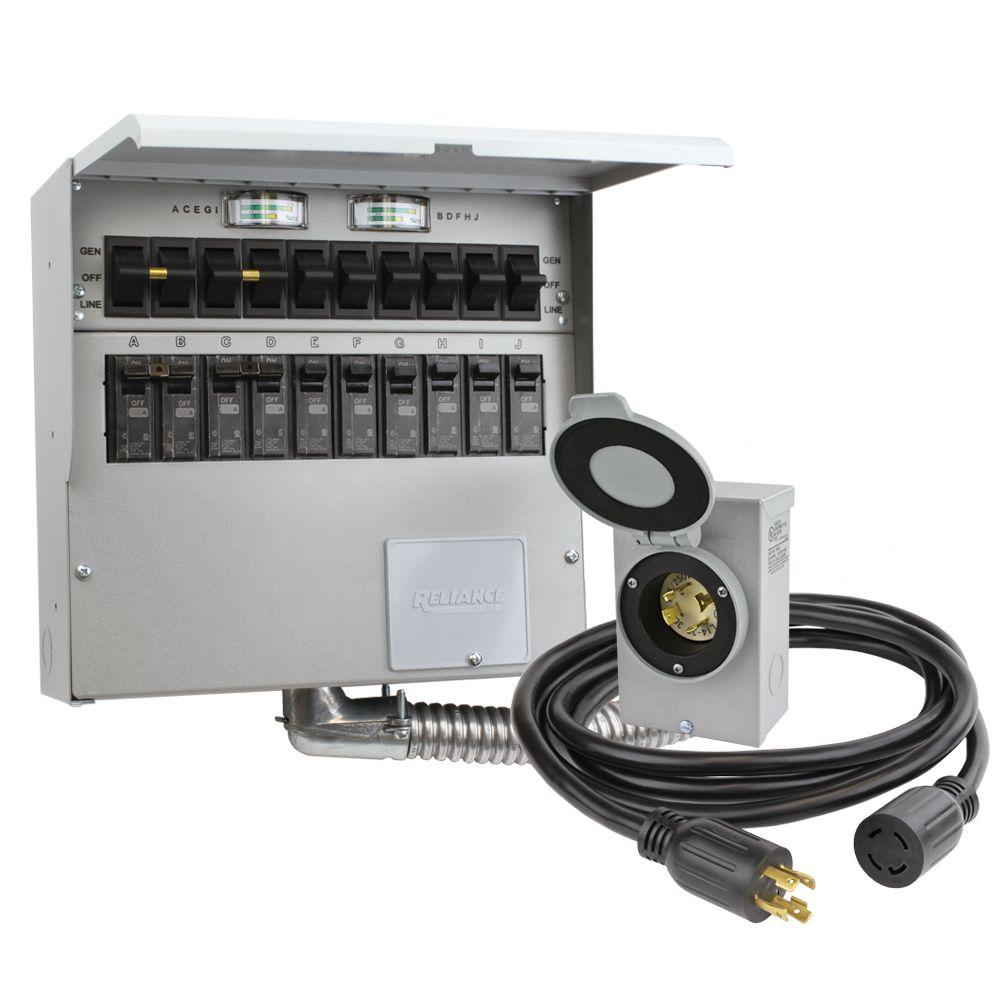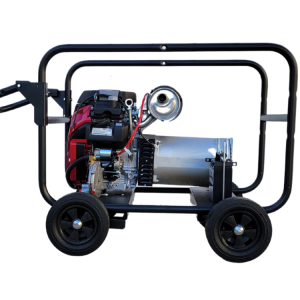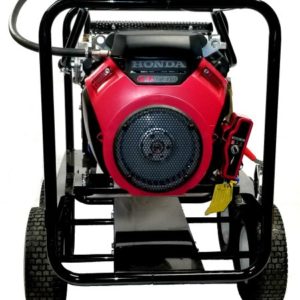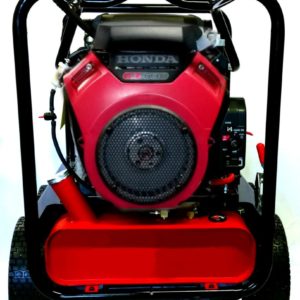No products in the cart.
Return To Shop
Wishlist
Please, install YITH Wishlist plugin
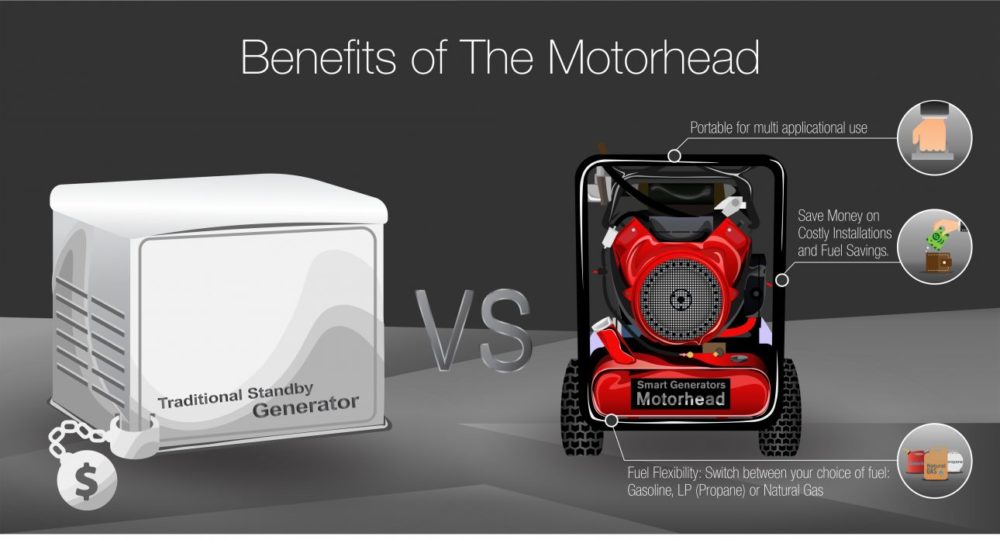
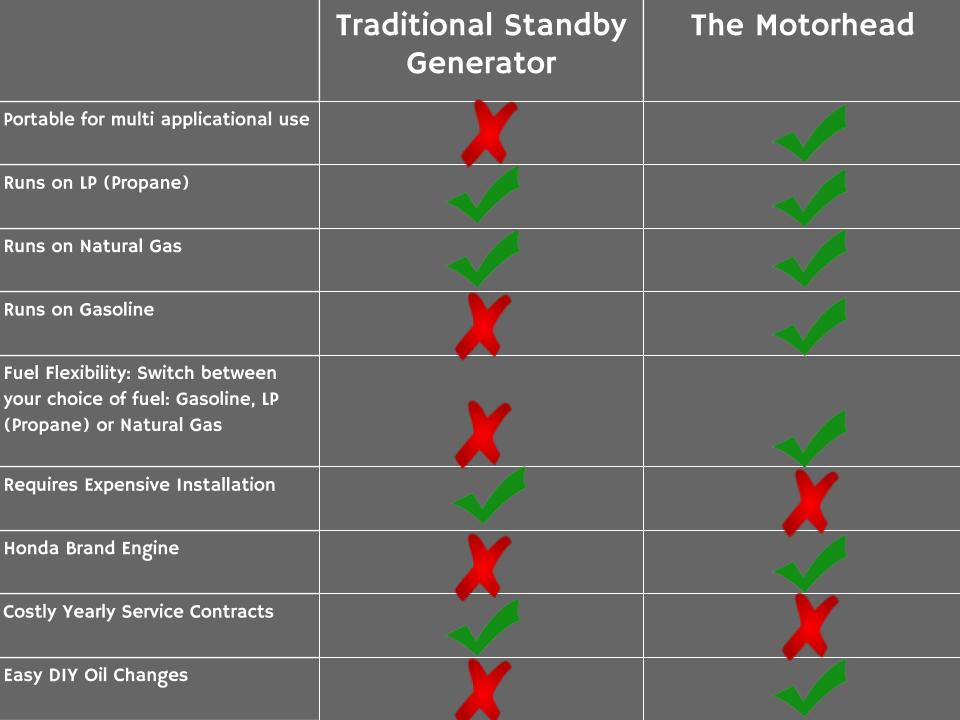
How secure is shopping in the Online Shop? Is my data protected?
Our website has been secured by SiteLock and is very safe. All purchases are processed via PayPal or Chase so you can feel comfortable that your personal information is kept secure.
Which payment methods are accepted in the Online Shop?

Do I receive an invoice for my order?
Yes, your invoice is attached to your purchase confirmation email.
How long will delivery take?
Depending where in the country you are located and how far from Woodmere, NY will determine how soon your order will arrive. It will usually arrive within a week from the date you receive a shipping confirmation email.
Advantages of Natural Gas/Propane (LPG) Over Gasoline
| Natural Gas & LPG are dependable in a crisis situation | Gasoline is an undependable commodity in a crisis situation |
| Propane and Natural gas burns clean = longer engine life | Gasoline leaves carburetors and air filters filthy = shorter engine life |
| Propane and natural gas powered engines are environmental friendly | Gasoline generators produce harmful emissions into the environment |
| Longer, uninterrupted run times | Interrupted run times means you must refill all day and night |
| Connect to your natural gas pipe line or swap out LPG tanks | Wait on long lines IF the gas stations have gasoline available |
| No need to store Natural Gas, an unlimited supply is always available | Gasoline is dangerous to store in large quantities |
| Propane can be stored for years | Gasoline has a very limited shelf life |
| Quieter engine noise level | Louder engine noise level |
| There are no road taxes on propane or natural gas | Pay road tax on gasoline to run your generator |
What is the fuel consumption in BTUs per hour of common appliances?
| Appliance | Demand in BTU/hour |
| Barbeque (residential) | 40,000 |
| Boiler | 140,000 |
| Domestic Clothes Dryer | 35,000 |
| Domestic Gas Range | 65,000 |
| Domestic Recessed Oven Section | 25,000 |
| Fireplace Gas Log | 80,000 |
| Gas Refrigerator | 3,000 |
| Water Heater, 30-40 Gallon Tank | 35,000 |
| Water Heater, 50 Gallon Tank | 50,000 |
What are the capacities and specifications of various propane (LPG) tanks?
| Tank Size | 20 lbs | 30 lbs | 40 lbs | 100 lbs |
| Capacity | 4.7 gal | 7.1 gal | 9.4 gal | 23.6 gal |
| Weight (empty) | 18 lbs | 24 lbs | 29 lbs | 68 lbs |
| Weight (full) | 38 lbs | 54 lbs | 70 lbs | 170 lbs |
| Overall Height | 18 inches | 24 inches | 29 inches | 48 inches |
| Diameter | 12.5 inches | 12.5 inches | 12.5 inches | 14.5 inches |
| BTU Capacity | 430,270 | 649,980 | 860,542 | 2,160,509 |
Use this chart to estimate your fuel supply by pipe length

How do I to estimate the fuel consumption by generator size?
| Generator Size | Natural Gas (BTU per hour) | Propane (LPG) (Gallons per hour) |
| 7000 Watts | 135,000 | 0.57 |
| 10,000 Watts | 177,000 | 0.66 |
| 13,000 Watts | 200,000 | 1.0 |
| 16,000 Watts | 230,000 | 1.19 |
Why can't I let my generator run out of fuel while it is powering any appliance?
When your generator runs out of fuel the engine cannot turn the genset at 3600 rpm to produce 60 hz. Instead, the engine shudders and slows down producing electricity which can damage appliances. Make sure you disconnect your electrical cord from the generator before turning the engine off as well. Using our dual tank propane (LPG) kit can assure that there is a secondary fuel tank available if the primary fuel tank becomes empty.
The Relative Efficiency of Gasoline, Natural Gas, and Propane Fuels For Back-Up Generators By Bruce Dishongh
When purchasing a generator as a back-up power supply for your home, one thing to consider is which type of fuel you will be using. While there are several other important factors when buying a generator, this article is only concerned with the method of comparing the relative efficiency between gasoline, natural gas and propane.
The first thing to understand is the equivalent ratio of energy output for the three fuels as expressed in BTUs, the commonly used unit of energy. The following table will demonstrate:
· Gasoline 1 gallon = 125,000 BTUs
· Natural Gas 1 CCF = 100,015 BTUs (CCF=100 cubic feet)
· Propane 1 gallon = 91,700 BTUs
You can see from above that 1 gallon of gasoline is more efficient than 100 cubic feet of natural gas or 1 gallon or propane. In fact, the ratio is approximately:
· 1 gasoline = 1.25 CCF natural gas = 1.36 gallons propane
In other words, you would need 1.36 gallons of propane to produce the equivalent BTUs of 1 gallon of gasoline; or, 1.25 CCF of natural gas.
As a practical example let’s say that gasoline is currently $3.89 a gallon, natural gas $.60 per CCF (Keyspan New York, June 2013), and propane $2.39 a gallon (these are today’s prices where I live). Next, my generator uses 16 gallons of gasoline a day if run continuously for 24 hours. Therefore, for one day’s usage I need:
· 16 gallons of gasoline, or
· 16 x 1.25 CCF of gas, or
· 16 x 1.36 gallons of propane
· 16 gallons of gasoline, or
· 20 CCF of gas, or
· 21.76 gallons of propane
If we then enter the prices:
· ($3.89) x (10) for gasoline; ($.60) x (20) for natural gas; or, ($2.39) x (21.76) for propane
The cost for running the generator 24 hours is:
· $62.24 for gasoline; $12.00 for natural gas; or, $52.00 for propane
As you can see, once you know the relative efficiency of the three fuels you can just plug in the current prices of the fuels to calculate the daily cost of running your generator for each fuel. However, in the case of propane, the cost per gallon can vary widely depending on the number of gallons purchased.
If you are thinking of buying a generator it is best to consider more than just the initial purchase price. If you will be using it for extended periods of time it could be cheaper in the long run to buy a generator capable of running on alternative fuels.
Propane approximations
1 gallon = 91,500 BTU
1 cubic foot = 2,500 BTU
1 pound = 21,500 BTU
4.24 lbs = 1 gallon
36.39 cubic feet = 1 gallon
Our Smart Generators are Made in the USA


